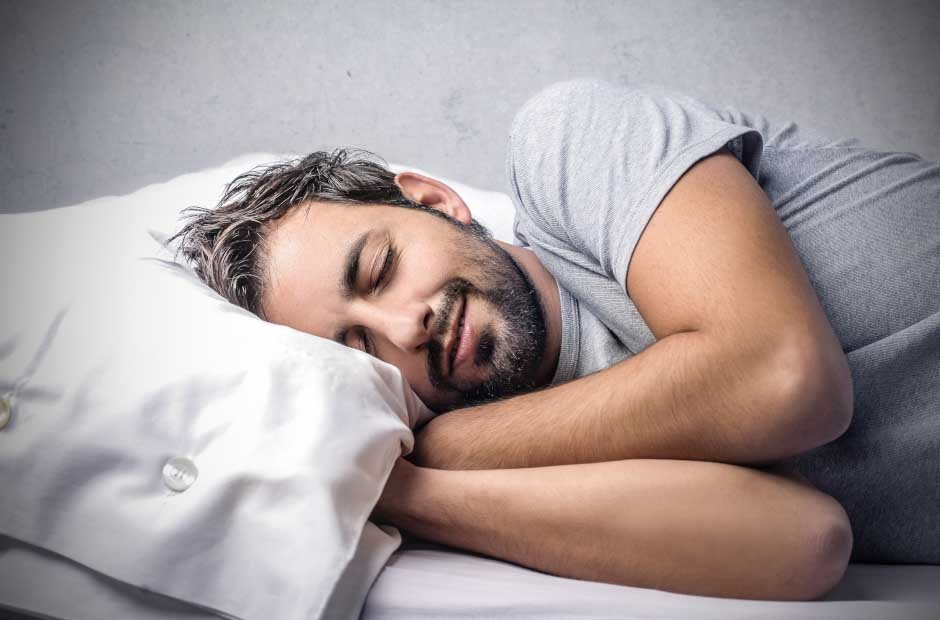Looking for the best rehabs? How does sleep change your daily routine? Not only is it a way to relax, but it’s also good for you. You feel great when you wake up. Your body is ready to go, your mind is clear, and you have a lot of energy. What should you do if you can’t fall asleep? Learn everything about sleep and how it affects our health and fuel.
How to Get a Good Night’s Sleep?
In today’s busy world, doing things like work, talking, and binge-watching our favorite shows may be more important than getting enough sleep. However, getting enough good sleep is not a privilege; it’s a necessity. When we sleep, our bodies do many important things, like storing memories, keeping our metabolisms in check, and healing damaged tissues. You can choose the best rehabs in your location. These hours of sleep help our bodies and minds heal, making us stronger for the days ahead.
People should get seven to nine hours of sleep every night for the best health. However, this goal is out of reach for many people. These days, many people have trouble sleeping, which could be because of worry, sleeplessness, or a busy routine.
What Your Body Does When You Sleep?
When we sleep through all the stages, our bodies are better able to heal. When we fall asleep, the stages of sleep happen in a certain order.
Before we fall asleep, our bodies and minds calm down. After that, you’ll fall into a deep sleep stage with slow brain waves that are good for your health. During this stage, the body makes growth hormones, which help the immune system and muscles that have been hurt heal.
Last but not least, the most important part is rapid eye movement (REM) sleep. It’s important to keep your feelings in check, learn new things, and keep your brain working right.
Why Not Getting Enough Rest Is Bad?
Not getting enough sleep does more harm than just making you sleepy in the morning. It is bad for our bodies and minds every night.
But that’s not the end of things. The health of our minds is also in danger. Not getting enough sleep has been linked to mental health problems like sadness and worry, as well as memory loss and having trouble making decisions.
Getting enough sleep is undoubtedly good for more than just relaxing. It’s also important for maintaining our health and energy.
How to Get a Good Night’s Sleep?
Fortunately, we can get into good sleep habits by following the steps below.
- Stick To A Routine: Make sure you go to bed simultaneously every night, even on the weekends. This keeps your body at the same time, which makes going to sleep and getting up easier.
- Create a Relaxing Bedtime Ritual: Before going to bed every night, do something relaxing, like reading, deep breathing, or a hot bath. So, your body will tell you to calm down and get ready for bed.
- Optimize Your Sleep Environment: Your bedroom should be cool, dark, and quiet so you can sleep well. A soft couch and pillows can help you relax and sleep better.
- Limit Screen Time Before Bed: Cut down on screen time in the hours before bed. The blue light on screens may prevent your body from making its own melatonin, which can make it hard to sleep. If you want to sleep well, don’t use electronics for at least an hour before bed.
- Watch Your Caffeine Intake: Because caffeine wakes you up, limit how much you drink if you want to sleep well. Limit how often you drink drinks with caffeine, especially late at night and in the afternoon.
How The Best Recovery Centers Help Their Patients Get A Good Night’s Sleep:
Individuals who are having difficulty sleeping should get professional help right away. For people who want to improve the quality of their sleep, the best rehab centers may offer a range of services and programs.
- Cognitive behavioral treatment (CBT-I) has been shown to help people who can’t sleep. It could be used in these apps. CBT-I helps people understand how their thoughts and actions affect their sleep and change their habits. People may take their medications as prescribed, learn good sleep habits, or use relaxation techniques to get even better sleep.
- The best therapy centers help their patients by considering their physical and mental health to give them the best care possible. These programs address concerns like fear, depression, and anxiety to improve health and happiness.
Conclusion
Sleep is the most important link between our minds, feelings, and bodies regarding our general health. You can build a base of strength and energy by prioritizing sleep and getting help from the best rehab centers when needed. We will be successful in every part of our lives because of this.
















